Quarterly Journal 48-3
In This Section
The AIPLA Quarterly Journal, a publication of the American Intellectual Property Law Association, is housed at the George Washington University Law School and is edited and managed by an Editorial Board of intellectual property experts and a staff of law students under the direction of the Editor-in-Chief, Professor Joan Schaffner.
The Quarterly Journal is dedicated to presenting materials relating to intellectual property matters and is published four times per year. Editorial Board members (all of whom are lawyers) are selected based upon demonstrated interest and experience, and student staff members are selected from the students of the GWU Law School.
Thank you to our advertisers for their continued support: Computer Packages, Inc., and The Roundtable Group
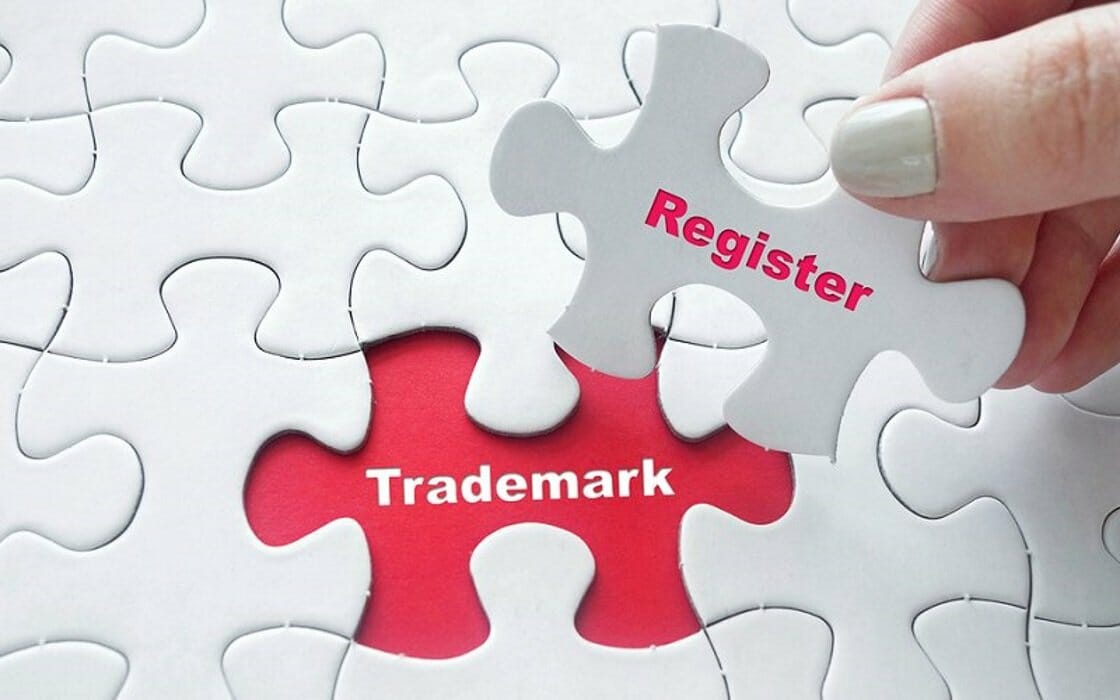 QJ 48.3 - A PROPOSAL TO DECLUTTER THE TRADEMARK REGISTER
QJ 48.3 - A PROPOSAL TO DECLUTTER THE TRADEMARK REGISTER
Scott D. Locke
A PROPOSAL TO DECLUTTER THE TRADEMARK REGISTER OF IMPROPERLY OBTAINED AND MAINTAINED SECTION 44 AND SECTION 66 REGISTRATIONS
Both the number of trademarks on the United States Trademark Register and the proportion of trademarks that are filed by foreign applicants are growing. The United States Patent and Trademark Office has concluded that too many of these foreign applicants receive and maintain registrations without fully complying with United States trademark law. This occurs particularly with the requirements of having a genuine intent to use their trademarks with all goods and services recited in their applications and subsequently using their trademarks with all of those goods and services. These improper actions have led to the Trademark Register being cluttered with inaccurate information that detracts from its integrity, which in turn impedes businesses that operate in the United States relying on the information contained therein.
This Article proposes a legislative solution that would require foreign registrants who have made use of Madrid Protocol filings or Paris Convention filings without simultaneously demonstrating use of their marks prior to issuance, to show use within three years of registration. This framework adds no burden to United States registrants, while placing a small additional burden on foreign applicants that is no greater than United States applicants face during prosecution of their own applications. Foreign trademark owners unable to make the requisite showing would find their registrations canceled midway between registration and the current six-year deadline that all registrants face for demonstrating use. Similarly, when making the filing, they would be required to aver actual use for all of their recited goods and services or delete those for which there is no use. This acceleration of removal of improperly maintained and narrowing of overbroad registrations would declutter the Trademark Register and increase its integrity.
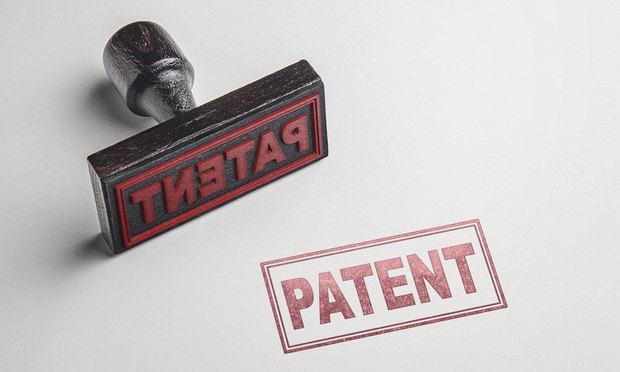 QJ 48.3 - THE PRESUMPTION AGAINST EXTRATERRITORIALITY’S SLOW DECLINE IN PATENT LAW
QJ 48.3 - THE PRESUMPTION AGAINST EXTRATERRITORIALITY’S SLOW DECLINE IN PATENT LAW
Stephen McBride and Elissa Sanford
THE PRESUMPTION AGAINST EXTRATERRITORIALITY’S SLOW DECLINE IN PATENT LAW
United States patent law has traditionally held a strong presumption against extraterritorial application. Over the years, this presumption has gradually waned in response to advances in technology and global integration. Not only has Congress periodically amended the infringement statute (35 U.S.C. §271) to reach scenarios that were once considered extraterritorial, but caselaw has also slowly expanded to encompass more foreign activities, with the most recent example being the expansion of damages in the Supreme Court’s WesternGeco opinion. This expansion cuts across many areas of patent law, including infringement, damages and personal jurisdiction. As a result, companies with little or no United States presence may be liable for infringing United States patents even if they have never sold a product in the United States. This Article discusses the trends driving this expansion and how this expansion creates new liability and exposure for many foreign entities with no direct contact in the United States. First, it provides a recap of the historic presumption against extraterritorial application of United States Patent Law. Second, it discusses the statutory development of extraterritorial infringement and how those developments have expanded the scope of direct and indirect infringement (especially inducement). Third, it examines the expanding scope of patent damages. Fourth, the Article highlights remedies available at the International Trade Commission. Finally, the Article discusses the expansion of personal jurisdiction under theories like the stream of commerce theory. Taken together, many barriers to applying United States patent laws to foreign entities are significantly lower than they once were.
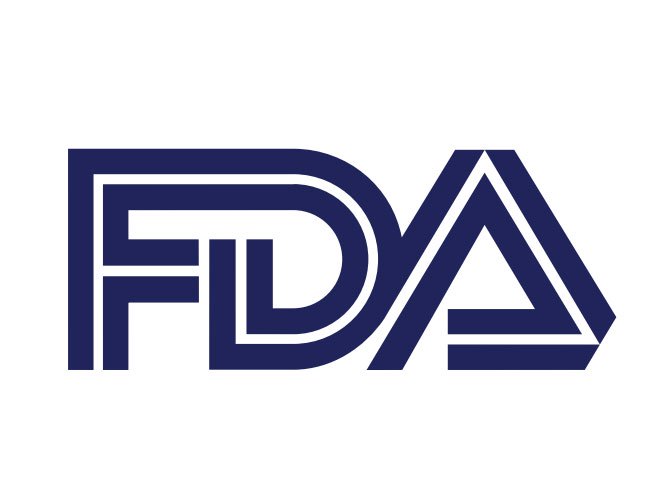 QJ 48.3 - AN ORGANIC SOLUTION TO AN ARTIFICIAL PROBLEM
QJ 48.3 - AN ORGANIC SOLUTION TO AN ARTIFICIAL PROBLEM
Caitlyn E. Kretzschmar
AN ORGANIC SOLUTION TO AN ARTIFICIAL PROBLEM: HOW AN FDA REGULATORY SCHEME CAN PROTECT AI INNOVATION IN HEALTHCARE
Recently, healthcare firms have faced uncertainty when developing innovative artificial intelligence ("AI") technologies because of contemporary interpretations of sections 101 and 112 of the Patent Act. 35 U.S.C. § 101 describes patent eligible subject matter and § 112 describes the necessary disclosure requirements for written descriptions included in patent applications. In a series of recent cases interpreting § 101, the Supreme Court severely limited the subject matter eligibility of artificial intelligence in the health field, thereby limiting innovation. In their interpretations of § 112, courts have required levels of specificity in the written description of the invention in a patent application, which are difficult to achieve because it is inherently more difficult to describe an invention that has the capability to learn as it intakes more and more data, such as some advanced forms of AI. Due to these narrow interpretations of §§ 101 and 112, healthcare firms are unsure whether the courts will uphold their patent applications for new AI technologies. Thus, these firms do not know if they will be able to recoup the huge sums they pour into the research and development of these technologies. This Note will examine the massive hurdles that healthcare firms and developers must overcome when patenting AI, sections 101 and 112 of the Patent Act, and some potential solutions to these hurdles. Although multiple solutions have been proposed, a regulatory scheme implemented by the Food and Drug Administration that provides similar incentives to the patent system is the most effective and efficient solution to the problem. With this scheme, the Food and Drug Administration, under its powers to regulate pharmaceutical products and medical devices, would not be able to approve the marketing of a regulated product if one of its competitors had previously been approved. This scheme, therefore, would create a temporary period of exclusivity, similar to that granted by a patent.
 QJ 48.3 - WAITING FOR GODOT
QJ 48.3 - WAITING FOR GODOT
Minki Kwon
WAITING FOR GODOT: A PROPOSAL FOR THE SUPREME COURT TO REVISIT POST–MAYO PATENT ELIGIBILITY QUESTION
Pharmacogenomics refers to the method of treating individual patients based on their respective genetic or physiological characteristics. The value of pharmacogenomics lies in the ability to accurately diagnose a patient’s physical condition or genetic trait. However, after the Supreme Court’s decision in Mayo Collaborative Services v. Prometheus Laboratories, Inc. (Mayo), recent changes in 35 U.S.C. § 101 jurisprudence resulted in depriving many “new and useful” diagnostic technologies of patent protection. The changes also undermined biotech companies’ incentive to engage in high-cost research for product development. Said impacts on the pharmacogenomic industry are particularly damaging today, as the threat of global pandemic diseases demands fast, cost-efficient, and reliable testing methods for individual health conditions. Moreover, a growing gap between the Supreme Court’s instructions in Mayo and Federal Circuit’s post-Mayo decisions renders the current § 101 framework legally unsustainable as well.
The root of these problems exists in Mayo itself, where the Supreme Court haphazardly attempted to resolve discrepancy within § 101 case laws. Therefore, it takes nothing short of the Supreme Court’s own opinion to end the ongoing confusion. Yet the Court has adamantly refused to clarify or even modify its instructions in Mayo. In the meantime, like Estragon and Vladimir—two characters in Samuel Beckett’s play, Waiting for Godot—the industry, legislators, and the United States Patent and Trademark Office have been waiting for the Court’s amendment to Mayo that never arrives. This Note (1) examines the impact of the Mayo decision on the pharmacogenomics industry, (2) urges the Supreme Court to break the silence, and (3) proposes a new test that reconciles § 101 precedents.
In many ways, the evolution of these appropriation art cases is the canary in the coalmine—they warn of the potential for overly expansive fair use application across the creative arts spectrum. An unbalancing of fair use undermines the value of copyright rights and could therefore undermine the creation of new creative works. While maintaining flexibility is important, this Article proposes some methods to rebalance fair use in order to appropriately encourage visual art creativity by both copyright holders and those that should be able to claim fair use.
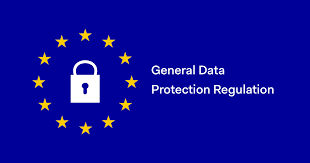 QJ 48.3 - A PRIMER ON ONLINE CONSUMER DATA PRIVACY
QJ 48.3 - A PRIMER ON ONLINE CONSUMER DATA PRIVACY
Cathy Lee
THE AFTERMATH OF CAMBRIDGE ANALYTICA: A PRIMER ON ONLINE CONSUMER DATA PRIVACY
In 2018, the personal data privacy protection landscape changed. The United States had to reckon with the Cambridge Analytica Scandal, where 87 million Facebook users had their data leaked. In May 2018, the European Union’s General Data Protection Regulation (“GDPR”), which has broad extraterritorial reach, went into effect. In June 2018, California hastily passed the California Consumer Privacy Act (“CCPA”), which began a longer conversation about personal data privacy protection in the United States. The CCPA went into effect in January 2020. Congress has yet to pass a federal personal data privacy law.
Data privacy protection is undoubtedly important. Businesses are collecting and using large amounts of personal data. Without proper protections in place, data leaks, like the Cambridge Analytica Scandal, may become commonplace. Still, the financial burden for businesses to comply with the GDPR and the CCPA is great. This Note discusses the GDPR and the CCPA focusing on compliance. Although both laws grant individual rights concerning personal data, the two laws contain differences in how businesses must comply. This Note first provides an overview and comparison of the GDPR and the CCPA. It then concludes with a guide on how a business can effectively and efficiently comply with either or both of the laws.
Upcoming Events
-
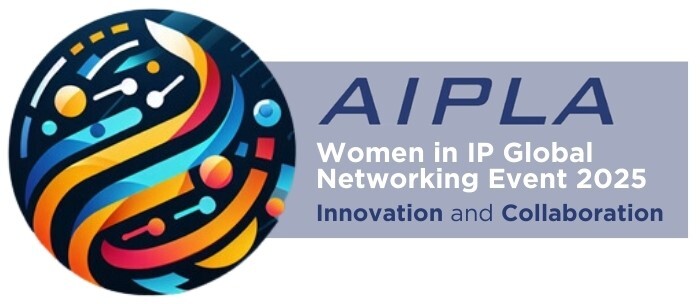 2025 Women in IP Law Global Networking Event
2025 Women in IP Law Global Networking Event
April 3, 2025
The annual Global Networking Event connects intellectual property practitioners from around the world for a day of networking, education, and creating meaningful connections. This year’s theme, Innovation and Collaboration, is an opportunity for the AIPLA Women in IP Law Committee to come together and discuss how women drive innovation and foster collaboration in their workplace. -
 World IP Day 2025
World IP Day 2025
April 30, 2025 4:00 PM to 7:00 PM
Join AIPLA and partner organizations on April 30 in Washington, DC, for a special three-hour program to celebrate World Intellectual Property Day 2025. This annual international event is an opportunity to learn about the role that intellectual property (IP) rights play in encouraging innovation and creativity. The theme of this year’s celebration is “IP and Music: Feel the Beat of IP.” -
2025 Spring Meeting - Minneapolis, MN
May 13 to 15, 2025
Registration Now Open! The 2025 Spring Meeting is a 2.5 day conference focused on trending topics in IP law. Registration opens February 2025. -
AIPLA 2025 Annual Meeting
October 30 to November 1, 2025
Join us as we bring IP professionals together to learn and connect. More information coming soon! The 2025 Annual meeting will take place at the Westin Washington, DC, Downtown. Leadership Meetings on Wednesday, October 29. Programming scheduled October 30 - November 1.

